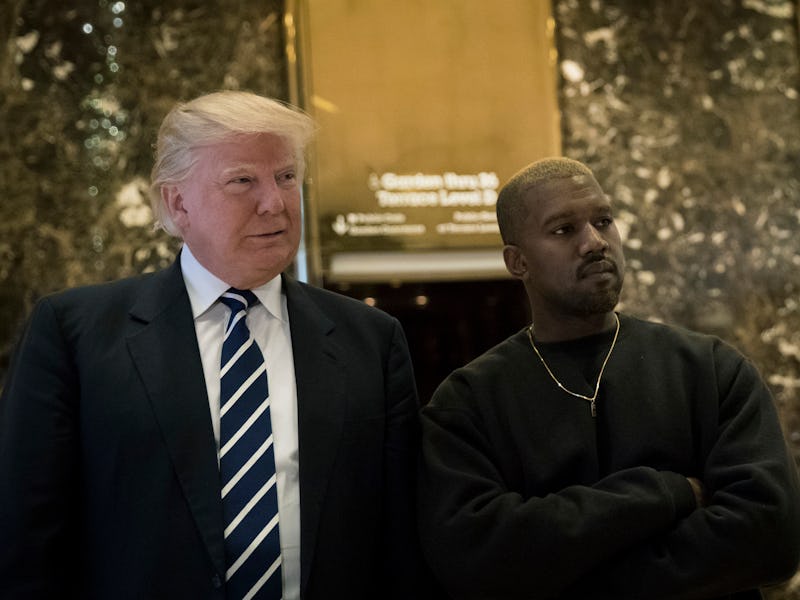Trump's Pick of Elon Musk for His Policy Forum is Actually Pretty Smart
It comes just as the autonomous car future is ramping up.

Donald Trump set tongues wagging on Wednesday when it was revealed, prior to a meeting with some of tech’s biggest names at Trump Tower, that Tesla CEO Elon Musk and Uber CEO Travis Kalanick would be joining Trump’s Strategic and Policy Forum. The forum, comprised of business leaders who will meet frequently to advise Trump on policy, was reportedly criticized for a lack of Silicon Valley leaders, and some might argue that Wednesday’s announcement is a haphazard attempt at fixing that.
Actually, the timing makes perfect sense, and here’s why. Musk and Kalanick are actively pursuing automation, especially autonomous cars. For Kalanick, it matters a great deal: Uber could eliminate its drivers. For Musk, it’s less relevant regarding Teslas on the road, but Tesla’s factories are filled with robots. And Musk’s sponsorship of Open AI, a non-profit artificial intelligence research company, is just one aspect of his involvement with artificial intelligence.
For Trump to invite two leading minds in automation, it appears that he’s meeting a daunting, global challenge — creating jobs for the multitudes of working-class voters in the face of cheap, efficient automation — head-on. If you ignore Trump’s robot-happy pick for labor secretary, it really does look like he wants to address a future where the working class is replaced with the robot class.
A self-driving Uber in Pittsburgh in September.
Regarding Uber, this week, USA Today reported that it began testing self-driving Volvo XC90 SUVs in San Francisco. It’s already happening in Pittsburgh.
Musk, on the other hand, just released a new update for the autopilot feature that allows for limited self-driving capabilities in existing Teslas. The feature is intended more for cruising along highways than full-on autonomy, but it’s a critical step to full autonomy that is expected to be rolled out by the end of next year. “Hardware 2,” the physical components that will make autonomy work, is already shipping in Tesla’s vehicles, and all that’s left is for a new software update to switch the feature on. We’re also just a few days away from Tesla Autopilot version 8.1, the latest version of Tesla’s driver-assist software. This is to say nothing of the impressive automation in Tesla’s factories. The cars are made by robots. Even further in the future, Musk has a vision for Tesla owners: program your autonomous to Tesla ferry people around a city while you’re not using it.”
The problem is, none of it quite fits in with one of Trump’s major policy announcements. Bringing jobs back to the United States was a central plank of his campaign, and autonomy won’t help achieve that in the near-term. Proponents will argue that, for every deliveryman or cab driver lost to a machine, new jobs will be created in high-tech industry. That logic doesn’t really help the man on the street without a job right now, who’s unlikely to retrain in high-tech so fast.
But these changes are coming, and pointing out the people about to lose jobs won’t stop that. What’s vital is that government comes up with a sensible policy that mitigates the effects and, ideally, creates a better society.
Tesla CEO Elon Musk
Musk is one of many that argues for a universal basic income, where government pays a minimum amount to everybody to combat the effects of reduced working.
Kalanick, a libertarian, has argued that the government needs to step in to provide employment-like benefits for self-employed drivers. He also believes that Obamacare has granted people the freedom to find employment elsewhere.
Trump’s going to be meeting with his forum on a regular basis. But also working with him is Peter Thiel, a libertarian who has also argued in the past that government only should intervene when it is absolutely necessary. With a team of tech billionaires clued-up about the automated future, and the self-driving revolution already ramping up, the appointment of the two CEOs couldn’t have come at a better time.